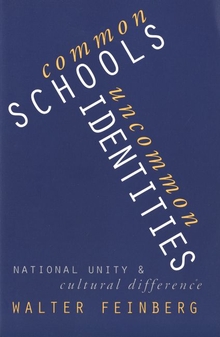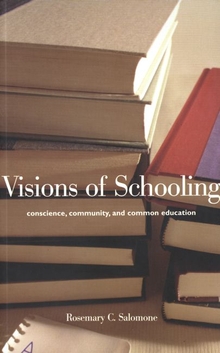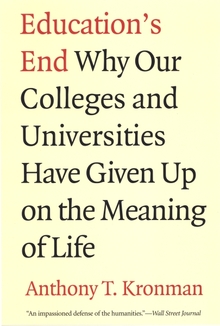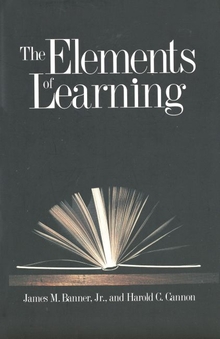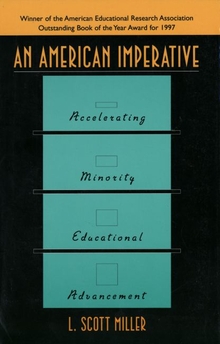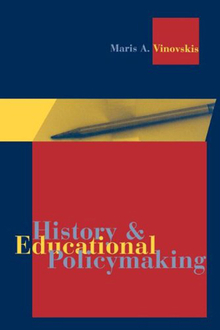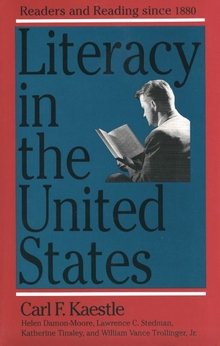Common Schools/Uncommon Identities
WARNING
You are viewing an older version of the Yalebooks website. Please visit out new website with more updated information and a better user experience: https://www.yalebooks.com
National Unity and Cultural Difference
Walter Feinberg
Walter Feinberg develops a theory of education that is twofold: it is sensitive to the concerns of parents and community members who want the public schools to reinforce their particular values and group identity, and it also maintains a commitment to the "principled reasons" for public education—the general ideals that public education shares with a liberal political philosophy, particularly equality of educational opportunity, freedom of association, and individual development. Feinberg develops an understanding of basic principles that schools should use in addressing cultural differences, tests these and shows how liberalism is indeed compatible with cultural recognition.
"Many people have come to believe that respect for diverse cultural identities and the formation of a shared sense of nationhood for all Americans can never be reconciled. Walter Feinberg shows why that belief is badly wrong, and he outlines a powerful and alluring vision of how common schools might serve an increasingly multicultural nation. Feinberg’s essay addresses that most urgent questions about the future of American education, and everyone who cares about that future should read it."—Eamonn Callan, Professor of Educational Policy Studies at the University of Alberta
"One of the very best general discussions of multiculturalism, and especially of multicultural education, of which I am aware. Feinberg provides original and insightful discussions of central concerns in the field."—Lawrence Blum, Teachers College, Columbia University
“During the last semester of 1999, I taught a seminar for Ph.D. students on American Liberalism. We read Leo Marx’s Machine in the Garden, Amy Gutmann’s Democratic Education, Stephen Holme’s Passions and Constraints, and several other books. Among these other books was Common Schools/Uncommon Identities. The class was about 15 strong, and was ethnically diverse. Opinions about multicultural education and related issues were also diverse, and passionate as well. Our meetings about this book were vocal, and sometimes heated; but the meetings were superbly productive owing in large part to the framework for analysis contained within Professor Feinberg’s book. I will use the book again because it served so well in this class, and because it is now available in paper.”—Ralph C. Page, University of Illinois at Urbana-Champaign
"I [recently] taught a seminar for Ph.D. students an American Liberalism. . . . The meetings were superbly productive owing in large part to the framework for analysis contained within Prof. Feinberg’s book. I will use the book again because it served so well in this class, and because it is now available in paper."—Ralph C. Page, University of Illinois at Urbana-Champaign
"Feinberg’s arguments are sound and should be given thoughtful consideration. Recommended for academic libraries, larger public libraries, or those with an emphasis on education."—Terry A. Christner, Library Journal
“[Feinberg’s] compendium of arguments may also serve as a sounding board for university administrators, especially those at public institutions consumed by feuds over multiculturalism and identity politics.”—Deire McFadyen, University Business
"This is the work of a scholar at the top of his game, who can speak directly to the reader in a voice that is neither convoluted nor condescending but that is brimming over with common sense. . . .There is currently a flood of publications that try to tackle the problem of multicultural education, but they are more often devoted to ideological assertion than to careful argument. What distinguishes this book is its quiet tone of reason and its careful effort to spell out a principled basis for rethinking public schools in a multicultural society."—David Labaree, author of How to Succeed in School Without Really Learning
Publication Date: April 10, 2000

